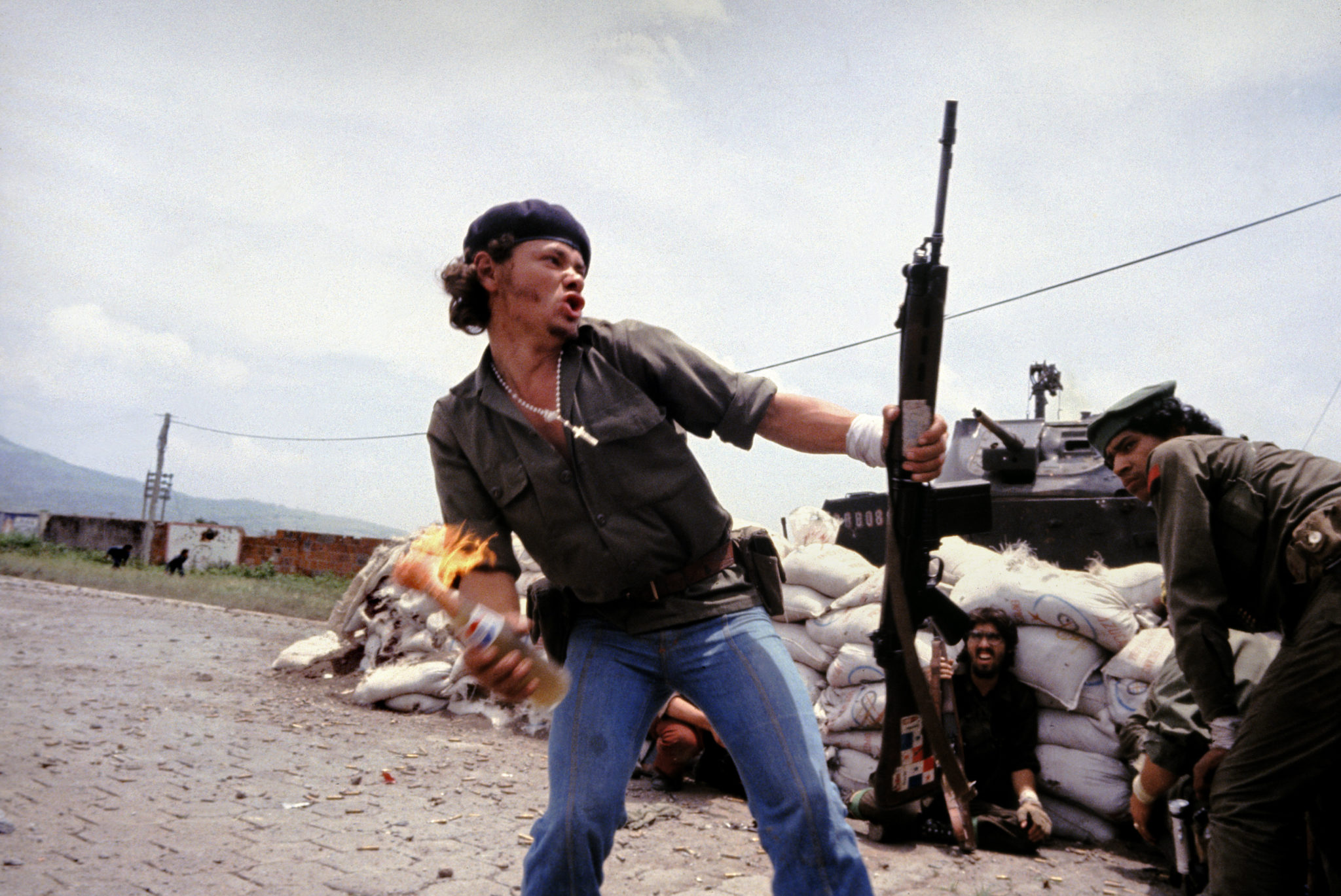Last Updated on 06/15/2017 by Chris Gampat
All images by Susan Meiselas and Magnum Photos. All images are used with permission.
The Photobook–it’s at a place within the digital world where sometimes it can be tough to wrap your head around it depending on what generation you’re in. But like zines, they’re a great way to market yourself and get the story out about the work you’re doing. Just ask Susan Meiselas of Magnum Photos. A decorated and veteran photographer, Susan has been photographing social conflicts for years now, and in a few days from the publication of this piece, she’ll be on a panel hosted by Magnum. Specifically, her panel in the one day symposium will cover Photobooks on Social and Political Conflict.
Before the event starts, I had the opportunity to ask Susan a few questions about her thoughts on the role of the photobook today.
Phoblographer: Photobooks have always been a great statement of the artist and photographer. But as social media platforms continue to drive more and more business, where do you think the Photobook’s place is in modern society and how do you feel it will evolve?
Susan: Personally there is nothing quite like holding a book in your hands, it is simply not the same experience as thumbing thru images on an iPhone, which has its own potential to engage audience responses.
I have explored using the book as a base for other interventions, both with multimedia (an Ebook, Chile from Within, produced with MAPP, which failed to go viral, because the technology was too early in its development and the iCloud was not yet omnipresent so downloads were heavy to manage) and also my recent reprint of Nicaragua with Aperture, in which I customized a free AR app, so that video clips from my movie Pictures from a Revolution, were triggered when tagging photos in the book.
Those are my own efforts to ‘evolve’ the book form…there are many others, especially through custom and personal design which one sees a lot of great examples of now.
Phoblographer: Within the past few years, this industry has seen a rapid explosion with everyone trying to be a photographer. So when it comes to creating a zine vs a photobook, how do you think they essentially differ and with which of the two mediums do you recommend modern photographers spend their resources and time? Why?

Phoblographer: What do you personally feel makes for a solid photobook? A project? A compilation of one’s work? A personal statement? Why?
Susan: I happen to like strong visual narratives, complemented with text, or various primary materials that may contextualize pictures—archival or oral history, to diversify voice. Of course subjective storytelling is very compelling as well with good writing !
Phoblographer: The panel that you’re on talks about social conflict. That’s something that you’ve spent years and years photographing. In some schools of thought, the effect of conflict imagery on politics has diminished partially due to the proliferation of content vying for public attention. Photographers are clearly doing their job, so how do you think Photo books can change conflict? Do you feel that we’re at a place where we may need to do more to change social issues?
Susan: I never thought that a photobook was a way to ‘change conflict’, but gathering work into book form, gives a bicultural and ongoing opportunity for deepening reflection, more than what a magazine might do to expose a situation or the online immediacy we now have to focus attention.
HOW to do more to impact issues…always a GREAT question!! Documenting well and creating a coherent form is only part of the process, the public needs to be a partner too.
Phoblographer: Tell us about the next book that you’re working on please.
Susan: I just finished A Room of Their Own, a book that portrays a domestic violence refuge in the UK. It was a collaborative project, including some of the women in transition, as well as a local writer, illustrator and my own studio team, along with Multistory, the arts organization who invited me to the Black Country region to initiate a project there. It is just being released, while funding is being slashed, so we are thinking a lot about how the book will link with the reality the refuge urgently faces now. Check in the fall and will let you know what we do!
Be sure to also check out the one day symposium coming up on June 21st. It’s being held at ICP in NYC.


